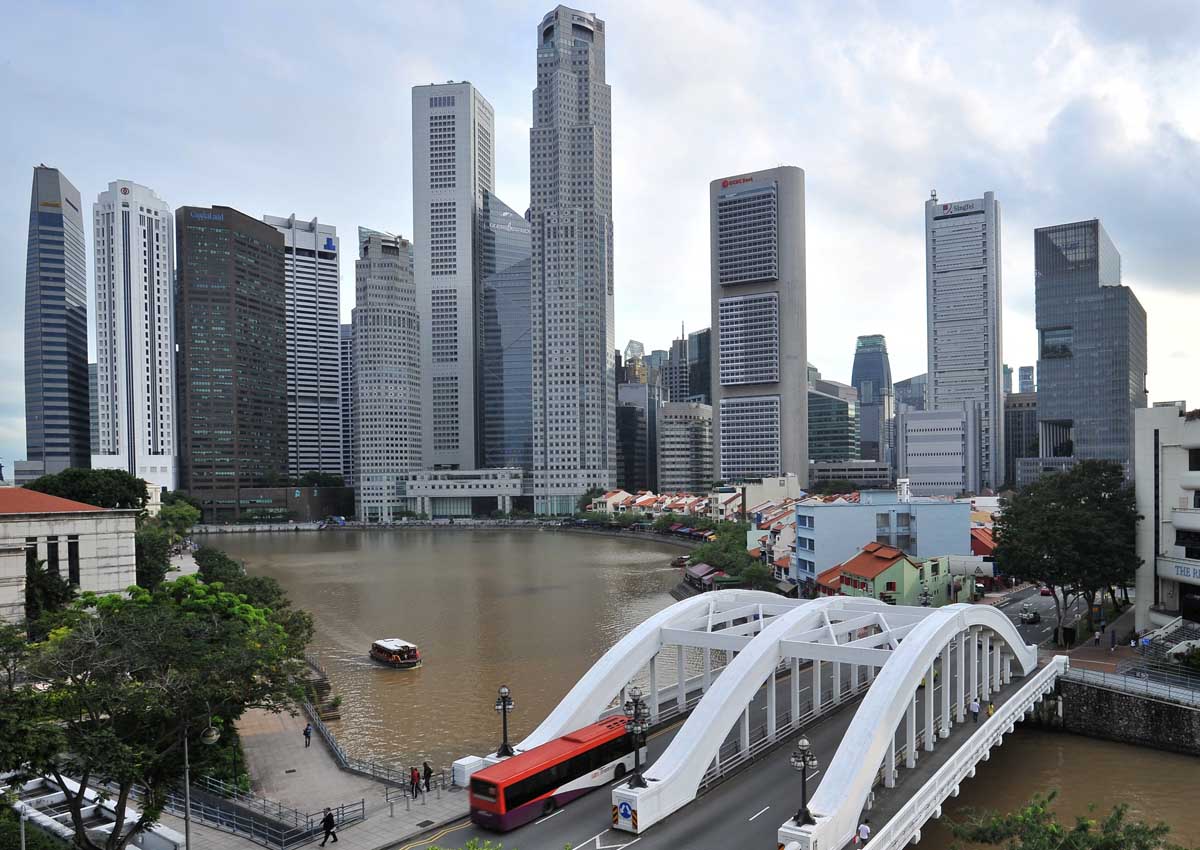Seven in 10 people with mental illness believe they are stigmatised by society, while slightly more than half have problems joining community events.
These are some of the key findings of the first government survey on the well-being of those with mental health issues.
Describing the findings as worrying, social workers are calling for more to be done to raise awareness of the problem.
The National Council of Social Service (NCSS) – a statutory board that oversees more than 450 social service organisations here – polled 477 people recovering from mental health issues such as mood and anxiety disorders or schizophrenia last year.
The study, whose results were released to The Sunday Times yesterday, found that 55 per cent had problems joining communal activities, including public festivities and communal sporting events.
Seven in 10 said they had problems “living with dignity” because of the attitudes and actions of others, meaning they do not feel accepted by society or that they can contribute meaningfully to it.
Ms Tan Li Li, executive director of the Singapore Association for Mental Health, said the findings are of concern as the respondents were using mental health social services in the community.
This means that they were likely to have less severe mental health issues and were able to hold jobs.
“So, knowing that 70 per cent have problems due to the attitudes of others may be cause for us to think about what we are lacking as a society,” she said.
More than one in 10 people here will have a mental health condition in their lifetime, according to a 2010 Singapore mental health study.
The most common condition is major depressive disorder, which affected more than 5 per cent of adults in the 2010 survey, or more than 57,000 men and twice as many adult women.
Mr Anjan Ghosh, director of the service planning and development group at NCSS, highlighted that this feeling of being stigmatised could also stem from the respondents’ own perceived fears and misconceptions.
He urged more interaction between both groups.
He added: “It is a vicious circle. The more there is perceived stigma, the more people with mental health issues isolate themselves and the more misconceptions develop due to the lack of interaction.”
To raise awareness and educate the public on mental health issues, NCSS is coming up with a series of videos featuring real-life stories of people with conditions such as depression.
Last year, NCSS and the Singapore Anglican Community Services started an employment internship programme that provides on-the-job training for people with mental health issues.
By March next year, NCSS intends to start an employment assistance programme that will enable employers, through training for instance, to better understand and harness the potential of such workers.
Speaker of Parliament Halimah Yacob yesterday also made a call for employers to drop their prejudices and stop discriminating against people with mental health conditions.
Speaking on the sidelines of a mass walk in Orchard Road aimed at combating such stigma, held to mark World Mental Health Day tomorrow, she said getting hired is an important step in the road towards recovery for such people.
Employment will help them find a “meaningful purpose” and enable them to take care of their own needs, explained Madam Halimah, who is an MP in Marsiling-Yew Tee GRC. “Give people with mental health issues a chance to work and also to contribute to the company,” she urged.
•Additional reporting by Melody Zaccheus

This article was first published on Oct 09, 2016.
Get a copy of The Straits Times or go to straitstimes.com for more stories.






